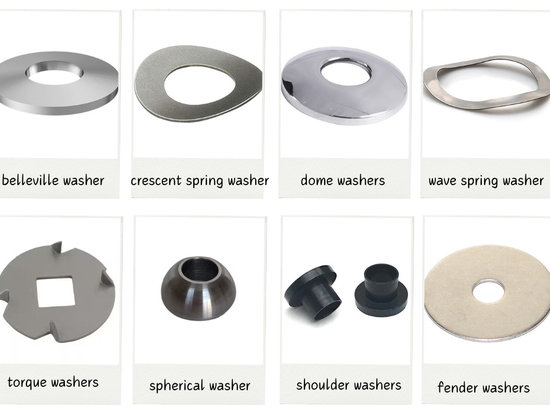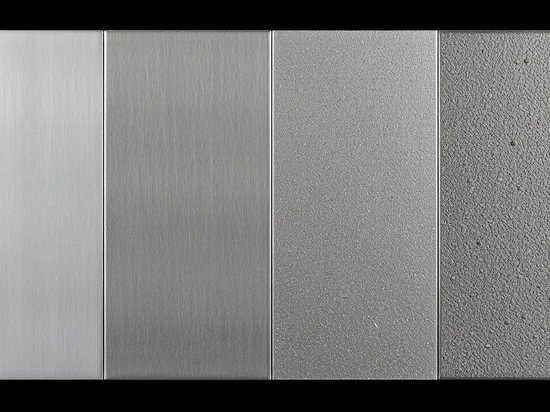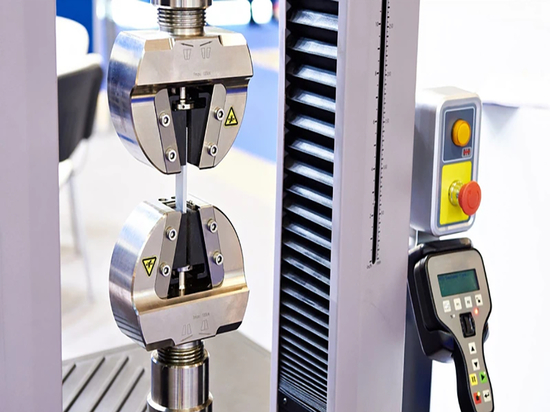
#Industry News
The Difference Between Copper, Brass And Bronze
Copper vs Brass vs Bronze
1.Element composition
Copper is a pure metal with the chemical symbol Cu and usually contains trace impurities. Brass and bronze are copper alloys.
Brass is an alloy of copper and zinc. The zinc content is usually between 5% and 40%. It is the addition of zinc that gives brass its unique golden appearance.
Bronze mainly comprises copper and tin; aluminum, manganese, or nickel are sometimes added. Adding these elements enhances the mechanical properties of bronze and improves its corrosion resistance.
2.Corrosion Resistance
Copper forms a protective oxide film in the air, giving it good corrosion resistance, but it is easily corroded in acidic environments.
The corrosion resistance of brass is relatively average and is not as good as bronze in salt water environments.
Bronze is commonly used in marine applications due to its alloy composition and its excellent corrosion resistance, especially in salt water environments. This resistance to corrosion makes bronze an ideal material for ships and marine equipment.Of the three metals, bronze has the highest corrosion resistance, while brass has the lowest.
3.Weight and Density
Copper has a density of 8.96 g/cm³, making it the heaviest of the three. The density of brass is 8.4-8.73 g/cm³, depending on the zinc content, and the weight is intermediate. The density of bronze is 7.4-8.9 g/cm³, depending on the alloying elements added. These differences mean bronze may have an advantage over copper in weight-sensitive applications. In order of weight, copper>bronze>brass.
4.Durability
Copper has high durability, especially in electrical applications, because it does not wear out quickly due to the conduction of electrical current. Brass has moderate durability and is susceptible to cracks and scratches. Bronze's high durability makes it particularly suitable for heavy-duty and high-wear environments, such as industrial machinery and marine equipment. So durability: Bronze > Copper > Brass.
5.Melting Point
The melting point of copper is 1085°C, the highest of the three. The melting point of brass is between 900-940°C, and a lower melting point makes brass easier to cast and form. The melting point of bronze is between 950-1050°C, between copper and brass.
6.Thermal Conductivity
Copper has a very high thermal conductivity of 398 W/m·K, making it an ideal material for heat exchangers and cooling systems.
Brass has a high thermal conductivity of 120 W/m·K, but it is lower than pure copper.
Bronze has a moderate thermal conductivity of 60-90 W/m·K, making it suitable for use in applications requiring moderate thermal conductivity.
7.Electrical Conductivity
Copper has an excellent electrical conductivity of 59.6 x 10⁶ S/m, second only to silver, and is therefore widely used in electrical and electronic applications.
Brass has a lower conductivity of 15.9 x 10⁶ S/m, making it suitable for applications where high conductivity is less important.
Bronze is the least conductive at 7-15 x 10⁶ S/m and is generally not used in applications requiring high conductivity.
For more information on Copper vs Brass vs Bronze, please click the link below to read the original article.




